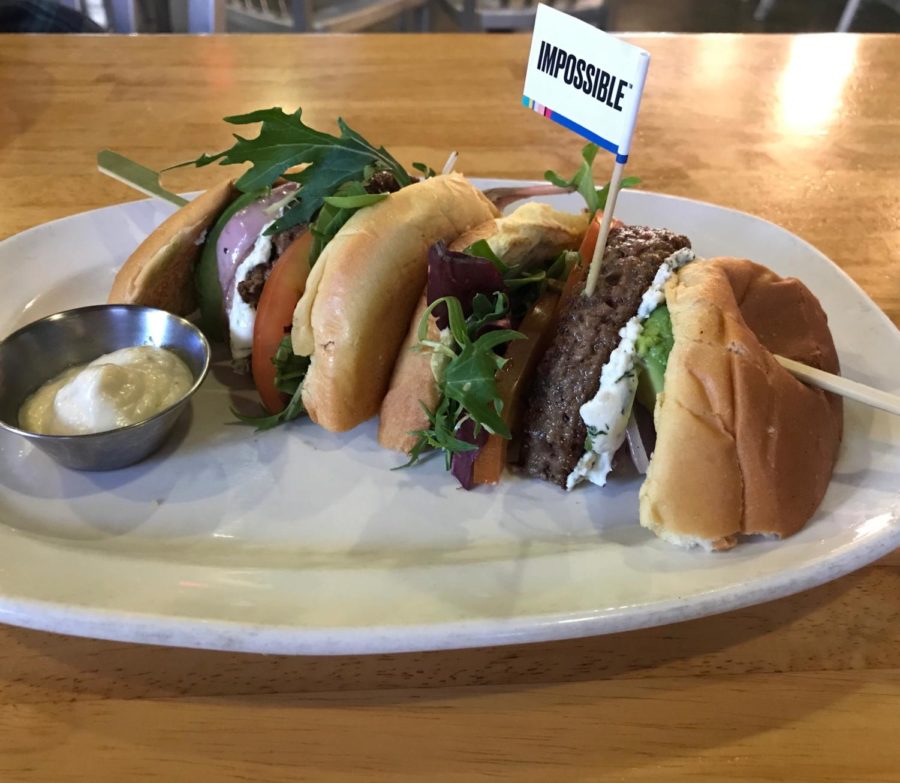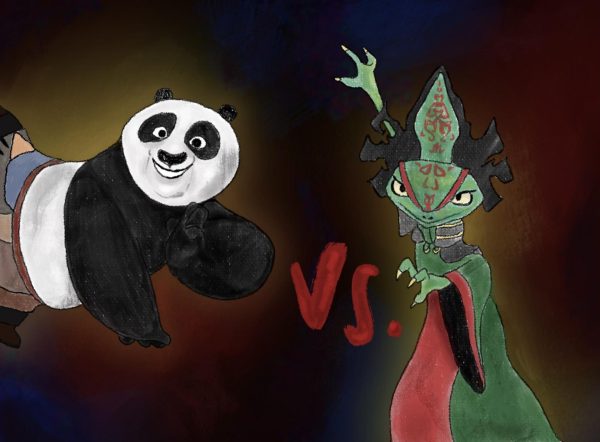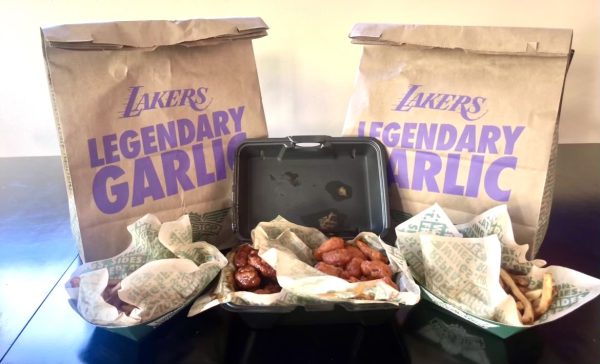Meeting the Meatless Burger in Irvine
Aside from the actual patty, the Impossible Burger 2.0 was served with herbed goat cheese, organic mixed greens, grilled red onions, avocados, tomatoes and garlic aioli, all served on a brioche bun.
March 1, 2019
In an age when vegan and vegetarian options are becoming more accessible to customers, the attempt to recreate “meat” solely out of vegetarian products has caught many people’s attention.
In early February, The Counter, a gourmet burger chain, decided to serve the Impossible Burger 2.0, a plant-based burger designed by Impossible Foods to resemble an actual meat burger in taste and appearance. Since The Counter is located in the Woodbury Town Center, we decided to go and try it ourselves.
Visually, the plant-based patty had the similar brownish color of a beef patty; if compared to real meat, it would be very difficult to identify which patty was authentic. In general, the presentation of the burger was neat, with all of its components held together by a bamboo skewer, including the medium-rare “meat” in the center.
The patty itself was surprising. It was chewy and very “meaty,” which Impossible Foods ascribes to heme, a chemical responsible for the “meatiness” in beef but also found in soy protein. At first taste, the burger felt and tasted very much like meat, a large step up from the previous drier and crumbly iteration, the Impossible Burger 1.0. While the texture of the Impossible Burger 2.0 may be very spot-on, after taking a bite, we noticed a hint of soybean flavor pierce through the other flavors.
However, the difference was subtle. If we didn’t know it was plant-based, we would have consumed the burger without batting an eye. For Impossible Foods, whose goal is to reduce environmental problems caused by animal agriculture, there is a bright future ahead for alternative meat, if they can lower the price.
For The Counter, whose burgers are priced around 12-15 dollars, we were shocked by the $17.50 price tag attached to the Impossible Burger. Even if the alternative meat tasted exactly like, or even better than, real meat, the fact remains that people would much rather pay for a cheaper, real-meat burger than an expensive, eco-friendly one. However, with the alternative meat technology developing, becoming cheaper to produce and more stores choosing to incorporate this burger as part of their menus, the Impossible Burger 2.0 could soon become a household staple.















![Art Fair participants from various clubs and art courses had the opportunity to sell handmade creations to students at stands near the ASB room during lunch from Jan. 30 to Feb. 1. “I feel like its just a good way to connect with the rest of my peers, the artist community [and] the student body while also giving back to the school because its given me so many opportunities where I can flourish in the creative arts,” artist and junior Alexander Torpus said.](https://portolapilot.com/wp-content/uploads/2024/02/IMG_6896-1-600x400.jpg)
